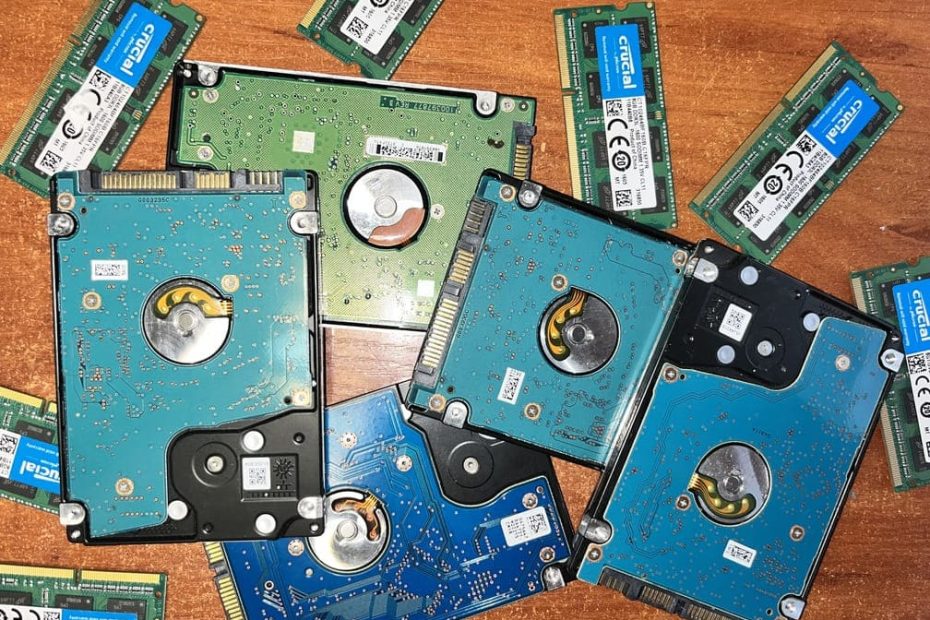An office worker can use a computer with a small hard drive if he needs to store only simple text files. However, an independent film editor or digital artist may require a larger hard drive to accommodate all video and photo files. When we refer to "small" or "large" hard disks, we are not referring to their physical size, but to their capacity, i.e. how much data they can store.
Hard disk drive
Since we are talking about hard disks, let's explain what they are. It is probably the most familiar part of computer hardware to the less technically literate. In simple terms, a hard disk is the data storage device of a computer. If you've ever saved a picture from the Internet or a Word file in your documents, you've put that data on your computer's hard drive. The platter on a hard disk is a rotating aluminium, ceramic or glass element that stores your computer's information and performs read/write operations. When we talk about your computer's information, we are talking about the information on your hard disk, because that is where your operating system and all your files are stored.
It is important to know that computer hardware components come in many shapes, sizes and capacities, each playing its own role in the operation of the computer system. There are giant gaming stations as well as small laptops and notebooks.

